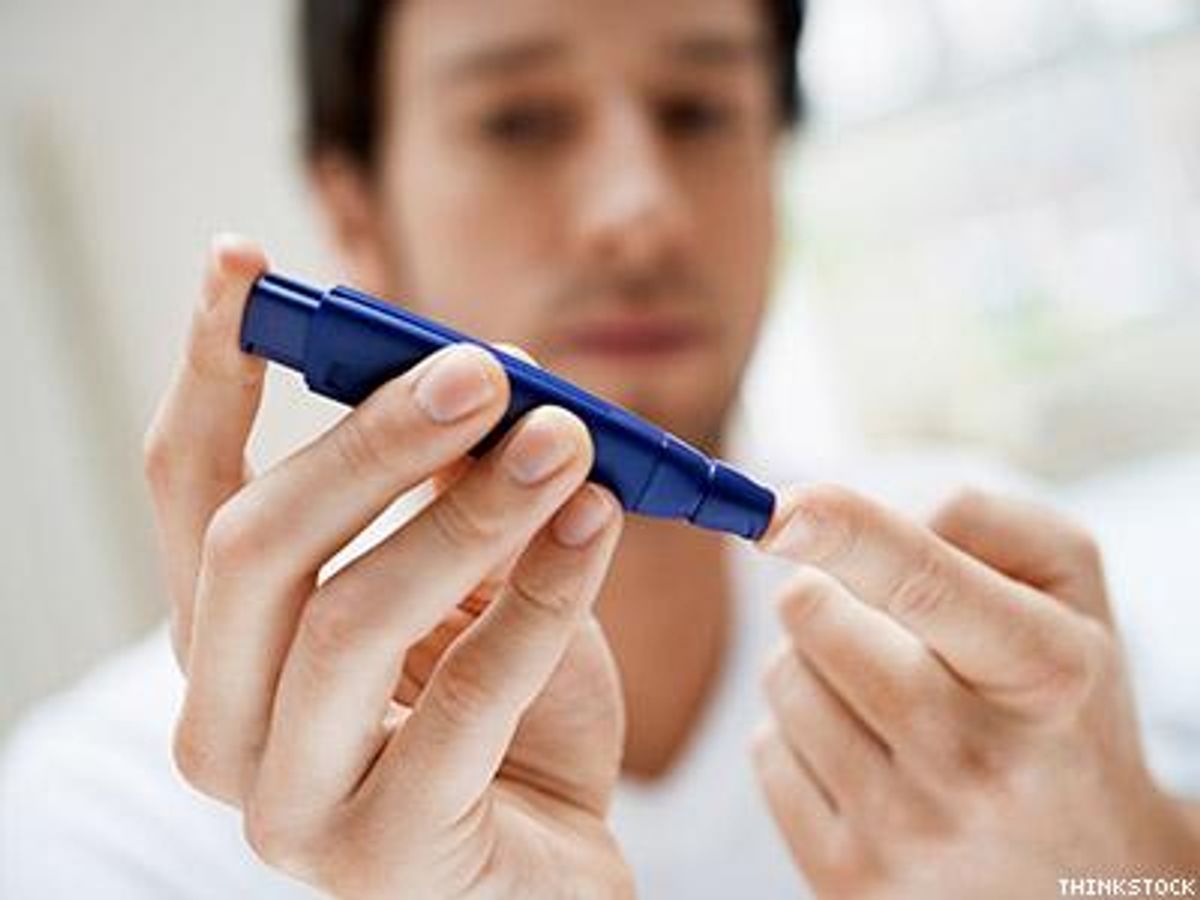A new study has identified low-grade systemic inflammation as an underlying factor in the development of type 2 diabetes among HIV-positive people on antiretroviral medications. Researchers who published their findings in the Journal of Acquired Immune Deficiency Syndromes examined the relationship between the preexistence of inflammatory markers and new type 2 diabetes diagnoses among approximately 3,700 people in the Strategies for Management of Antiretroviral Therapy and ESPRIT HIV treatment studies.
The study subjects were all taking antiretrovirals continuously without additional adjunct therapy. Those who developed diabetes had significantly higher baseline levels of two inflammatory markers (including high-sensitivity C-reactive protein) than those who did not develop the disease. In addition, those who had higher body mass indexes, were older, had coinfections with hepatitis B or hepatitis C, or used lipid-lowering medication also had higher overall rates of diabetes diagnoses.





































































